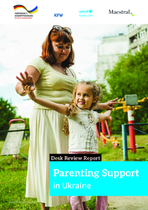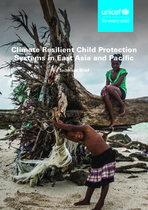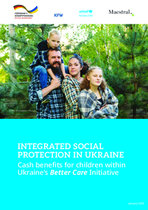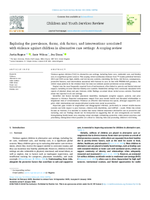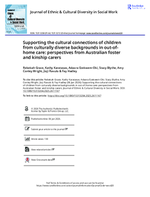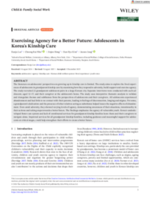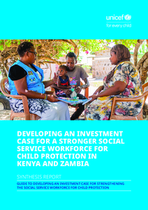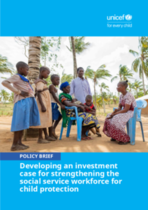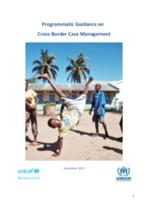Parenting Support in Ukraine
The report analyses existing parenting support policies, programmes and service models relevant to child protection and care reform. Drawing on international evidence and national sources, the review highlights the role of parenting support in preventing family separation, strengthening caregiving capacities and improving child well-being across the life course.

